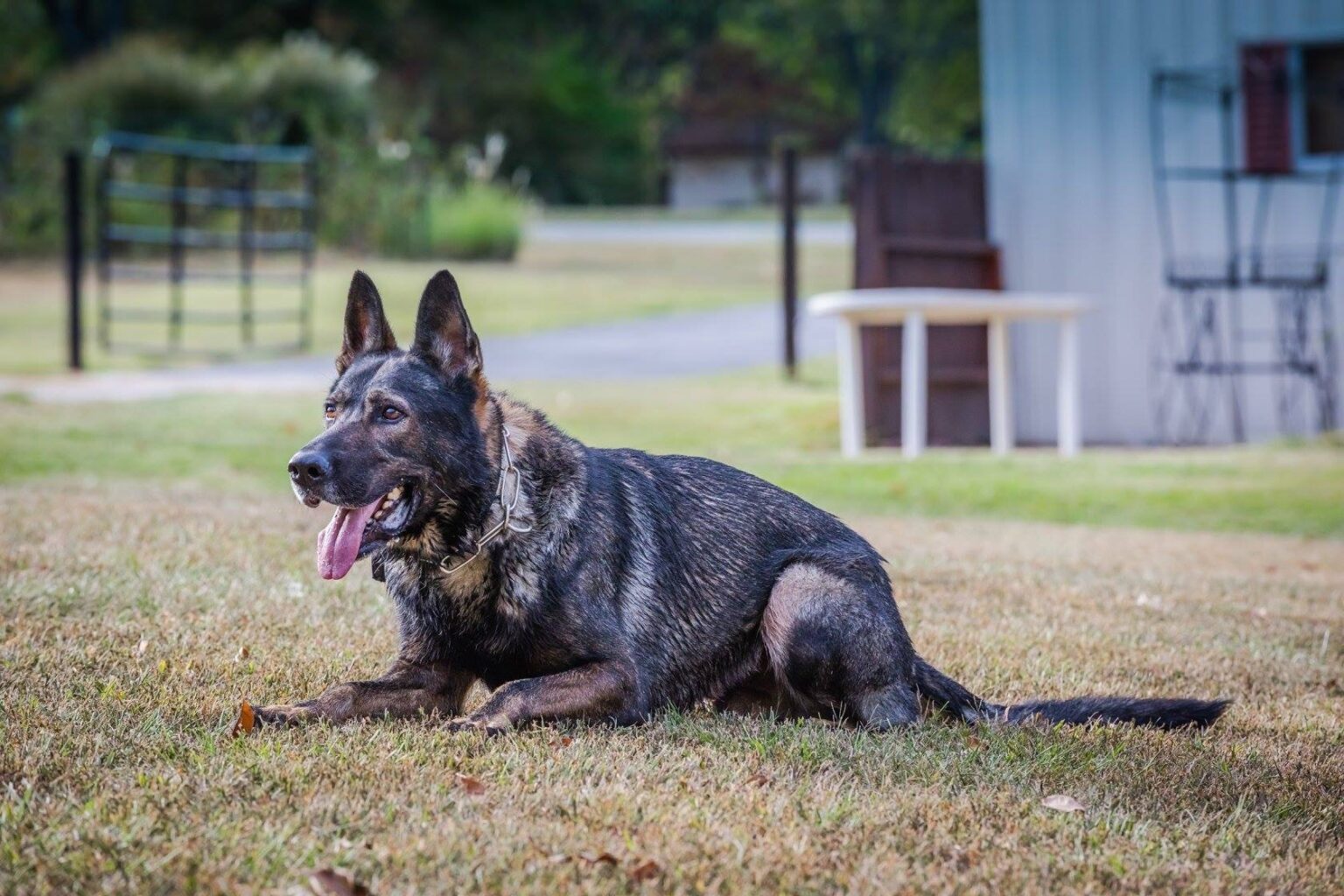Not wolves, are dogs!?
A relatively recent progenitor, maybe between fifteen thousand and thirty thousand years ago, is shared by dog training school and wolves (the actual timeline is a hot topic among researchers right now). Additionally, while it is true that wolves and dogs may interbreed and result in viable offspring, which is one of the criteria used by scientists to classify members of a species, it is untrue that their behavioural characteristics are the same. The possibility is that the ancestor shared dog training school by dogs and wolves has long since vanished; perhaps a nicer, less scared wolf served as the inspiration for modern dogs. Proto-dogs on one side, who originally evolved spontaneously and then were bred for greater friendliness, appear to have undergone a split. On the other hand, wild wolves have evolved to become evenmore intensely afraid than previously as a result of mounting pressure from their biggest natural foe: mankind. 
They must be the same if they can interbreed, right? Although it sounds appealing, it's more difficult in practise. In a biological sense, they can mix. However, they behave quite differently.
For instance, wolves always act in a predatory manner. Dogs are far more diverse; some are content to eat their own food, some love only “predating” on tennis balls, and some have no desire at all. Dogs typically like being in close proximity to people (high fives to all the 50lb lap dogs out there). Wolves are a different matter, even those who have grown up with people from
Let's include dogs in a new container.
So, the popular conception of wolf packs is incorrect. That is regrettable in and of itself, but does that mean we should avoid the word altogether? Everyone likes snacks, and it's so convenient and condensed and rhymes with snack. But there is (sadly) still another troubling layer of falsehoods heaped on top of the rest. And this additional layer of misinformation is very harmful to dogs.
Trainers that employ outdated, frightening, and unpleasant training techniques capitalise on the public culture's perception of wolves as packs of snarling, barely restrained, power-hungry predators to persuade us to purchase what they're selling (and when you think about it, it makes sense, doesn't it?). When wolves oftenThere is, in fact, a better method to train dogs today, to tell it like it is. In the previous few decades, animal behaviour change research has advanced significantly. Without injuring or frightening dogs, we can train them to perform just about any task they are capable of, as well as assist fearful and aggressive dogs in overcoming their problems. In reality, the study shows that intimidating and harming dogs who are scared and aggressive is inappropriate, hazardous, and has negative effects. They become worse as a result.
In general, the notion that wolves lead a life akin to jail prisoners from B-movies is unhelpful, and the level to which it permits torturous training practises to spread is quite unsettling. Since then

Words have value
Language is more than merely a codified form of our verbal thoughts. Ideas don't just appear in the ether of our minds, devoid of syntax or language, and then quickly translate themselves into words and phrases so that we may communicate them to others. Human psychology and consciousness researchers are quick to note that, at least for humans, language and mind are actually linked. Daniel Dennett, a philosopher and cognitive scientist, contends that language creates the pathways for thinking to follow. Thought is both constrained by language and is built on language. Since we are very young, language has been intrinsically linked to how our brains appear and function because we think in words
Pack jargon is confusing.
Wolves, who have a common ancestry with dogs, do indeed form groups. Unfortunately, we are fed a lot of false information about wolf dog training school packs. Wolf packs are not like the ones you see in Disney films or hear about on television. The general population and wolf scientists who study wolves in their wild, natural condition have radically different perceptions of the wolf pack.





